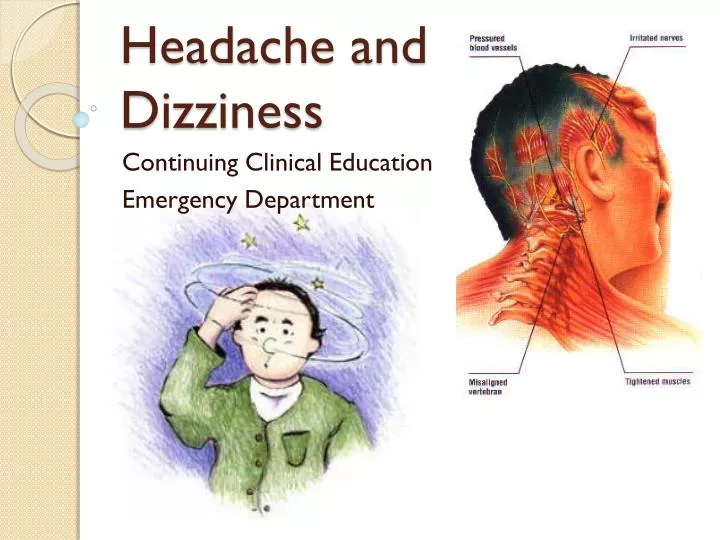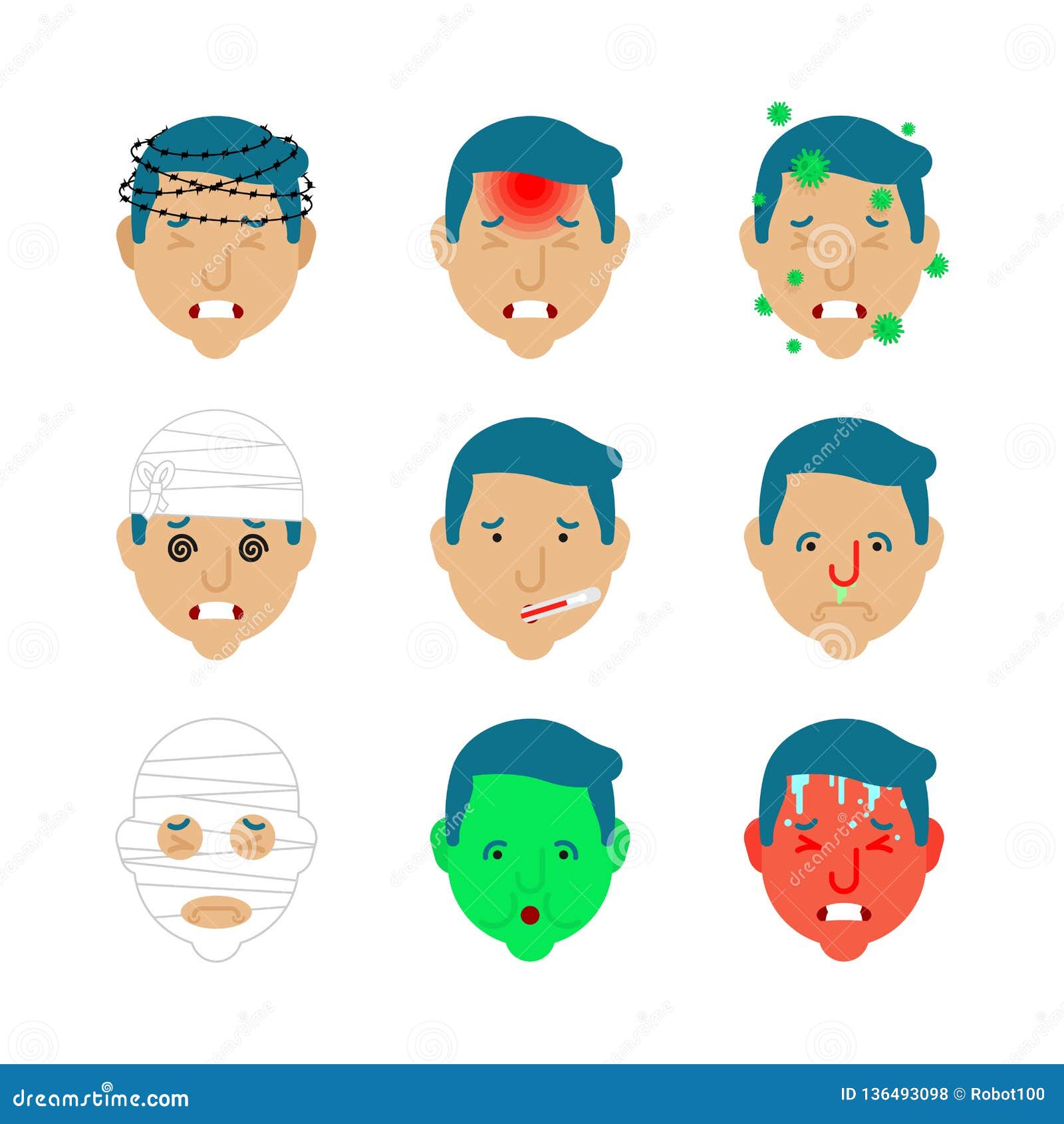

Stroke signs and symptoms.Īmerican Heart Association. Anxiety treatments: Know your options.Ĭenters for Disease Control and Prevention. Understanding the stress response.Īmerican Psychiatric Association. Recent advances in the understanding of vestibular migraine. Low blood sugar (hypoglycemia).Īmerican Diabetes Association. Other possible warning signs include arm pain (typically on the left side), stomach pain and even pain in your gums or jaw. Home remedies may help labyrinthitis symptoms and signs. 3 hours ago &0183 &32 It’s the most common warning sign.

Viral infections associated with labyrinthitis are contagious. National Institute of Diabetes and Digestive and Kidney Diseases. Symptoms of labyrinthitis are ear pain or earache, ear discharge, problems with balance and walking, ringing in the ears, dizziness, nausea, vomiting, and vertigo. Tumors, seizure disorders, bleeding in the brain, and other conditions. Less commonly, headaches in children can be caused by more serious conditions such as: Head injury. What are some common signs of pregnancy?.Īmerican Pregnancy Association. Certain smells, such as perfumes, paint, gasoline, bleach, foods, and cigarette smoke. Go ask Alice! Suddenly, drinking alcohol makes me sick!Īmerican Academy of Family Physicians. The spins: Why drinking alcohol can make you dizzy.Ĭolumbia University. Usually, other symptoms of dehydration (such as fatigue, dizziness, extreme thirst and dry mouth) appear along with headache pain. Even mild dehydration can cause a headache. doi:10.1016/j.semcdb.2016.08.017Īmerican Addiction Centers. Overview What is a dehydration headache A dehydration-related headache happens when your body doesn’t get enough fluids. Stereocilia morphogenesis and maintenance through regulation of actin stability. Benign paroxysmal positional vertigo (BPPV). The most common causes of dizziness are outlined below.Johns Hopkins Medicine. You may be referred to a specialist for further tests and investigations. If necessary, they can prescribe a different medication for you to try. If you experience sudden headaches, dizziness or constant headache and dizzy feelings, you might have Binocular Vision dysfunction and there is treatment. If you're taking prescription medicine, your GP will probably review this to check whether dizziness is a possible side effect. whether you had any other symptoms – such as fainting, vomiting, nausea, blurred vision, headache, hearing loss or tinnitus (hearing sounds that come from inside your body, rather than from an outside source).what you were doing at the time of your dizziness.It’s a good idea to keep a diary of your dizziness, and take it with you to your GP appointment. However, there is medication available to help reduce the symptoms while the infection runs its course.ĭizziness that occurs when you're standing upright is probably not related to the ear. Dizziness happening when you move your head, that fits the pattern of vertigo, and which lasts for several days, is often caused by a viral ear infection. whether you have repeated episodes of dizziness and, if so, when you tend to experience theseĭizziness can sometimes be caused by an ear condition.whether the dizziness started for no obvious reason, or if it followed an illness.For example, if it is a severe type of dizziness, where you feel your surroundings are spinning or moving, you may be describing vertigo. Migraine Cold and flu COVID-19 Head injury Stroke Other conditions Summary Many illnesses can cause a headache, nausea, fatigue, dizziness, and stomach pain. You may sometimes feel nauseated or vomit when you. Your GP will first want to find out exactly what you mean by dizziness. If light-headedness gets worse, it can lead to a feeling of almost fainting or a fainting spell (syncope). You should see your GP if you're feeling lightheaded or off balance, particularly if you also have other symptoms, such as fainting episodes or headaches. This page explains what you should do if you feel dizzy for no obvious reason, and outlines the most common causes. Dizziness is a common symptom that’s not usually a sign of anything serious, but should be investigated by a doctor.


 0 kommentar(er)
0 kommentar(er)
